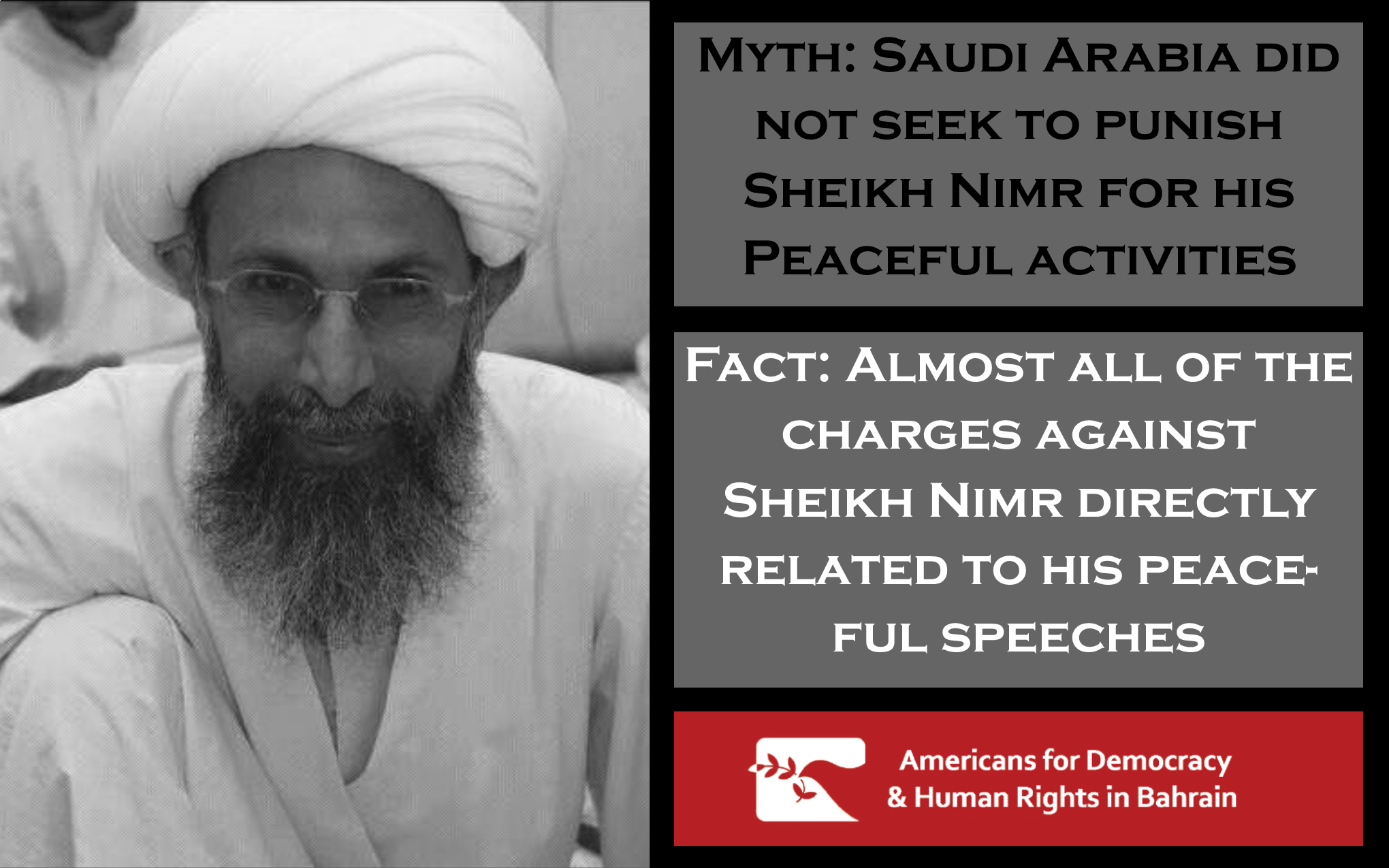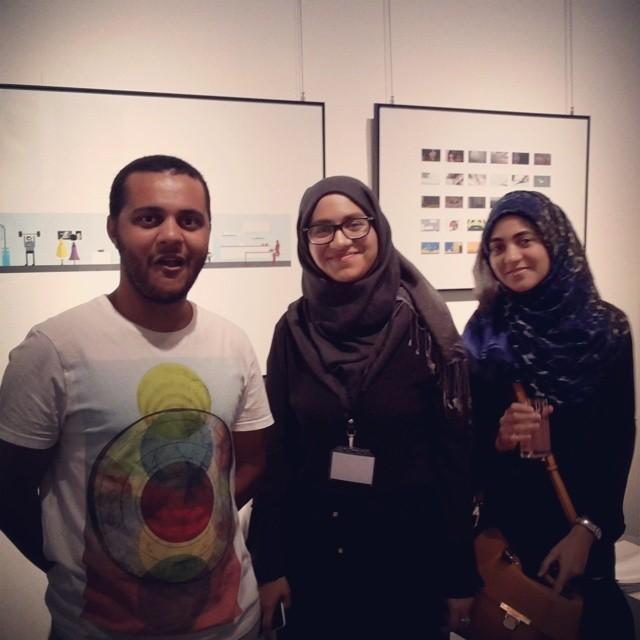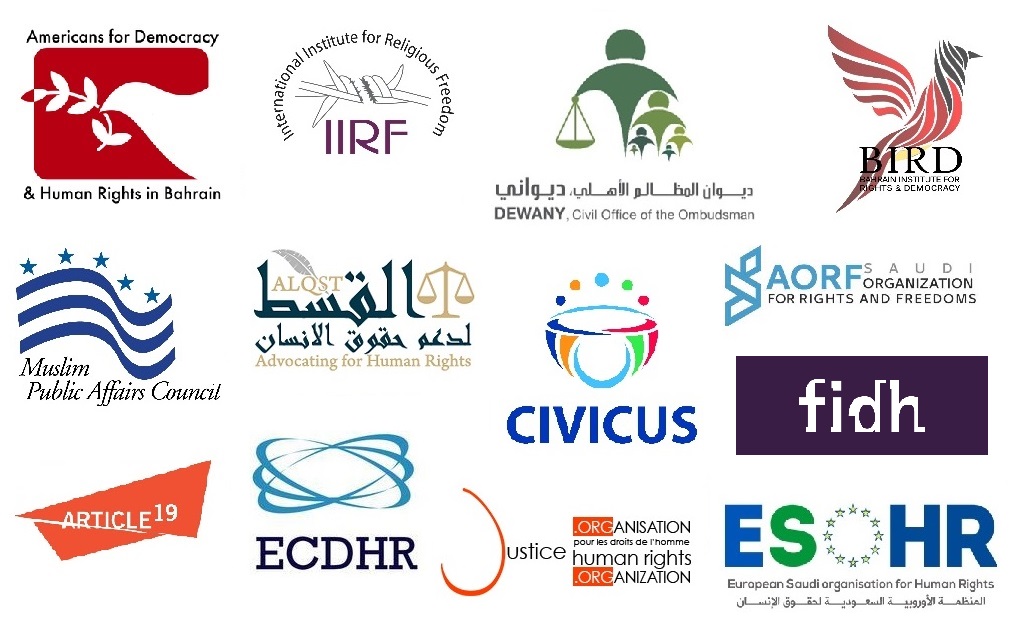After the Government of Saudi Arabia executed 47 people on 2 January 2016, it made several statements in an attempt to justify the mass execution and quell international criticism. In these statements, Saudi Arabia claimed that all executions resulted from fair judicial proceedings that strictly followed the Saudi legal process. However, the government’s claims contained[…]
The Special Procedures of the United Nations Human Rights Council released the 13th iteration of their joint communications report on 25 February 2016, documenting allegations of human rights abuses from around the world. In the most recent edition of the report, the Special Procedures singled out Bahrain and Saudi Arabia as among the worst offenders[…]
Mosaab Abd al-Aziz, the son of a former advisor to Egypt’s deposed president Muhammad Morsi, has sent a taped message to his family alleging that UAE authorities tortured him in order to coerce him into confessing membership in the Muslim Brotherhood. UAE police arrested Abd al-Aziz in October 2014 and they have held him in[…]
Marking the fourth anniversary of Ali al-Nimr’s arrest, Americans for Democracy & Human Rights in Bahrain and 12 other NGOs demand that Saudi Arabia repeal the death penalty against Ali al-Nimr and all other protesters who were arrested as minors, including Dawood Hussein al-Marhoon and Abdullah Hasan al-Zaher. Saudi security forces arrested Ali al-Nimr on 14 February[…]
Bahrain: Repression and the Consequences for Reconciliation Date: Thursday, February 11, 2016 – 11:00am Location: 902 Hart Senate Office Building On the fifth anniversary of the pro-democracy uprising in Bahrain, please join the Tom Lantos Human Rights Commission for an update on the country’s human rights situation. The briefing will examine the evolution of repression[…]









